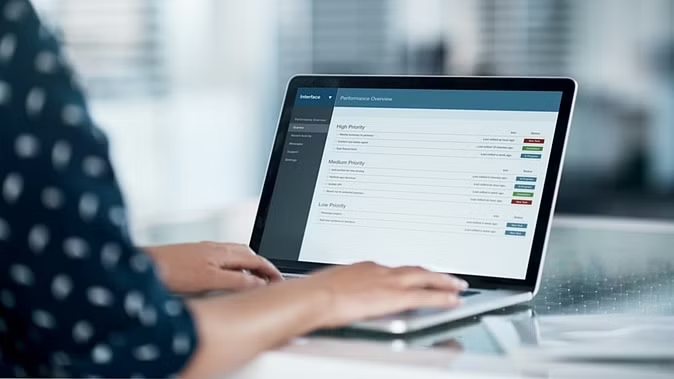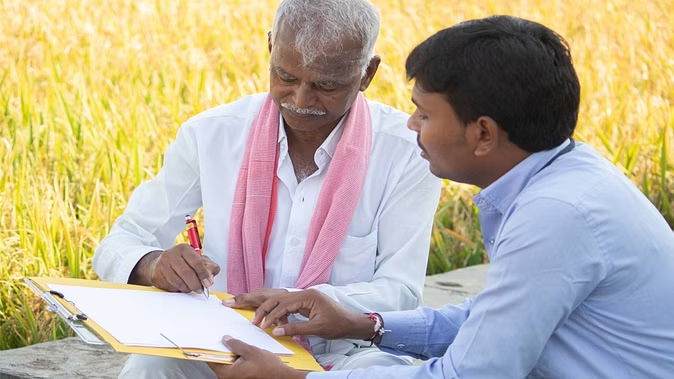
A part of the salary of organized sector employees is in the form of a House Rent Allowance (HRA). If you live in a rented house, then you can avail of tax exemption under HRA in your Income Tax Return. However, this benefit is available to any employee opting for the old tax regime.
The question that arises in the mind of many taxpayers is whether they can claim income tax exemption under HRA if they are living in the house of their parents or relatives. Let us know what the rule says about this.
As per the rules, even if a person claiming exemption under HRA resides with his parent, guardian, or relative, he can claim HRA exemption in his ITR.
What are the points to be kept in mind while claiming HRA exemption on rent paid to parents or relatives?
fair market value
If you are paying rent to a parent or relative to claim your ITR HRA, always keep in mind that the rent should always be as per the Fair Market Value. This means that it should neither be too high nor too low.

Ownership of property
The property on which you want to avail of HRA tax exemption. It should be owned by the taxpayer's parents, relatives, or the person to whom he is paying the rent.
Whenever a taxpayer pays tax to his parents and the property is jointly owned by the parents, then the taxpayer has to deposit the money in the account of either of the two.
Rent agreement
If a taxpayer is paying rent to his parents or relatives, then he should have the rent agreement and the monthly rent receipt so that he can claim your HRA in income tax.
Show rent in income tax
The parent or relative to whom you are paying rent should also show it as income from property in his income tax return. If the parent or relative shows it in his income tax return as income from other sources, then the taxpayer will not get the benefit of HRA exemption in income tax.
PC Social media










